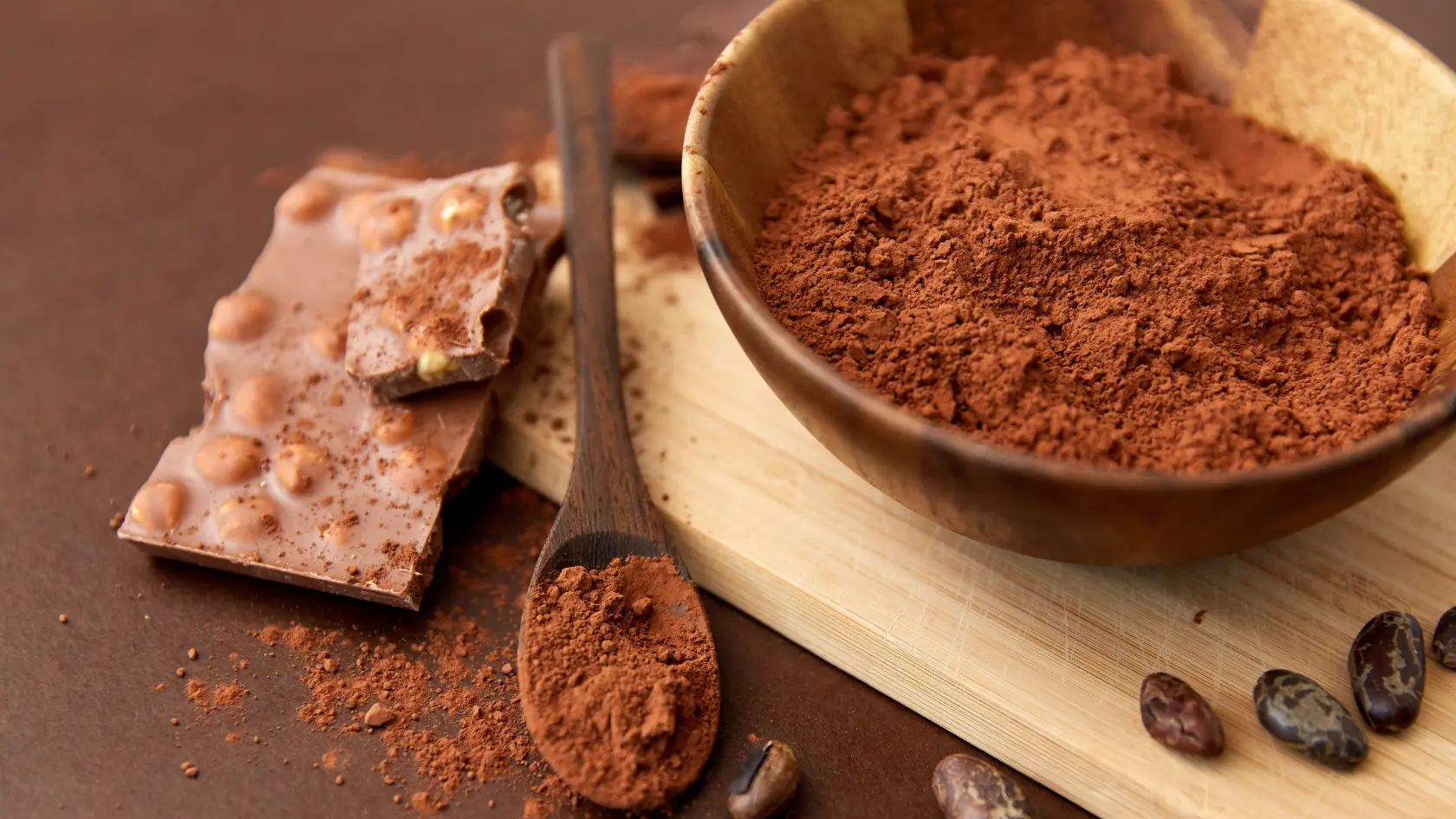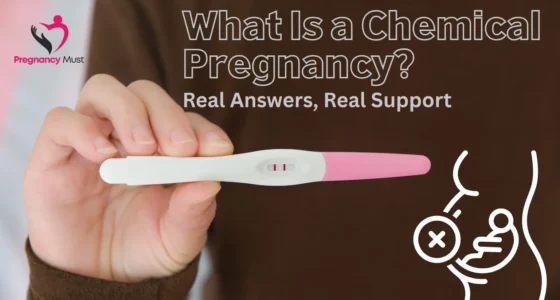It can be hard to know what to do when you give your baby new foods, and it’s natural to wonder if can babies have cocoa powder safely. Cocoa is a beloved treat for many, but when it comes to babies, their developing bodies and unique nutritional needs require extra caution. Let’s dive deeper into the question: Can babies have cocoa powder? And explore all the important considerations you should keep in mind.
Table of Contents
- The Basics of Cocoa Powder
- Can Babies Have Cocoa Powder Without Getting Sick?
- Why Can Babies Have Cocoa Powder Later and Not Early?
- How to Safely Introduce Cocoa Powder After One Year
- Healthy Substitutes Before Using Cocoa Powder
- After One Year: How Frequently Can Babies Have Cocoa Powder?
- Conclusion: The Key Takeaways
The Basics of Cocoa Powder
The seeds of the cacao tree are used to make cocoa powder. It is often praised for its high levels of antioxidants, especially flavonoids, which are known to be good for heart health in adults. Can babies have cocoa powder safely, though, given that it also has things like caffeine and theobromine? These stimulants can be good for adults, but they can be bad for babies. Their bodies aren’t ready to handle these ingredients yet, so it could be dangerous to give them to them too soon.
Can Babies Have Cocoa Powder Without Getting Sick?
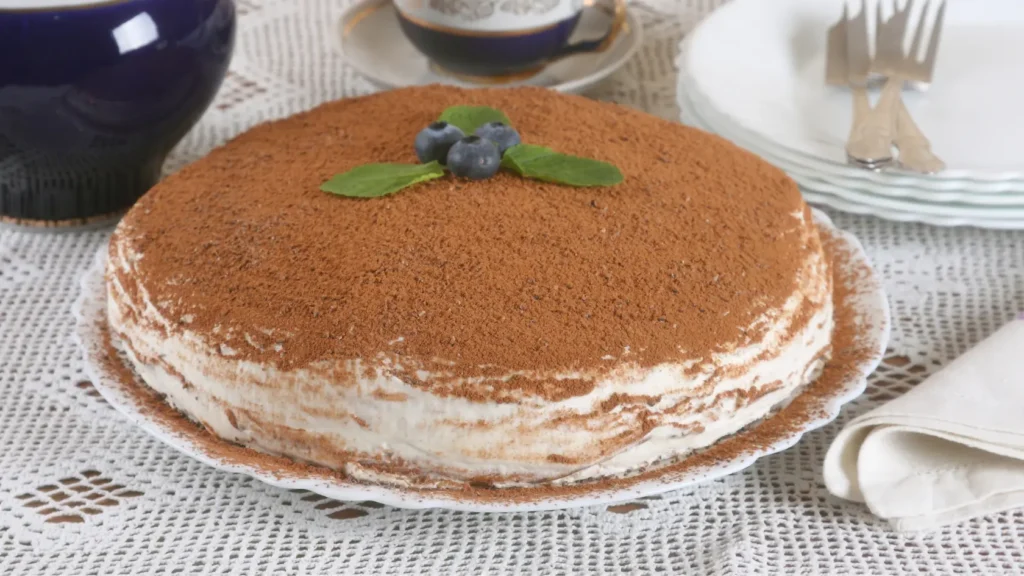
The simple answer is no. Babies can’t have cocoa powder until they are at least 12 months old. Let’s look at why cocoa powder isn’t safe for babies, especially in their first year of life.
1. Caffeine Content
Cocoa powder contains a moderate amount of caffeine. Caffeine is a stimulant that, while mild in adults, can have a much stronger effect on babies. Even small amounts of caffeine can make your baby’s heart rate go up, make them cranky, and mess up their sleep. Babies, especially those under a year old, are more likely to have bad reactions to caffeine because their bodies can’t break it down as well. Babies may experience prolonged sleep disturbances, irritability, and an elevated heart rate, which can affect their overall wellbeing.
2. Digestive System Development
Babies’ digestive systems are still growing, so they might have trouble digesting foods that are hard to break down. Cocoa is a thick substance that your baby’s stomach might have trouble digesting. Giving cocoa to your baby too soon could make their stomach hurt, make them gassy, or even make them constipated. Breast milk, formula, and soft purees are better for their bodies because they are easier to digest. Cocoa has a lot of different chemicals in it, like fats and fiber, that can make a baby’s stomach work harder as they get older. This can make them feel bad and hurt their stomachs.
3. Allergy Risks
Cocoa, like many other foods, can cause allergic reactions in some people. Not all babies are allergic to cocoa, but it’s important to know that giving your baby foods that contain allergens too soon can be dangerous. Rashes, diarrhea, vomiting, or swelling are all signs that you may be allergic to cocoa powder. Before giving your baby foods that are more likely to cause allergies, it’s best to wait until their immune system is a little stronger. It is important to wait until your baby’s body is ready for these foods because allergic reactions can be very bad, like trouble breathing or anaphylaxis.
4. Added Sugars in Cocoa Products
Many cocoa products, such as cocoa powder used in chocolate-flavored snacks, contain high levels of added sugar. The American Academy of Pediatrics (AAP) recommends avoiding added sugars in a baby’s diet before the age of one due to several reasons:
- Health Risks: Introducing added sugars early can increase the risk of developing obesity, type 2 diabetes, and other health issues later in life. High sugar intake in infancy is also linked to poor eating habits and food preferences that can persist into childhood and beyond. Excess sugar can lead to insulin resistance, making it harder for children to maintain a healthy weight as they grow.
- Dental Health: Babies don’t have fully developed teeth, and frequent exposure to sugar can contribute to tooth decay. Even when babies’ teeth are still emerging, sugary foods can harm their oral health and make them more susceptible to cavities. Early sugar exposure can set the foundation for poor oral hygiene habits that last into adulthood.
- Taste Preferences: Introducing sugar too early can also shape your baby’s taste preferences, making them more likely to develop a sweet tooth. Over time, they may start rejecting healthier, less sweet foods, which could make it harder to maintain a balanced diet. Early exposure to sugar can also increase cravings for processed and sugary foods later in life.
Why Can Babies Have Cocoa Powder Later and Not Early?
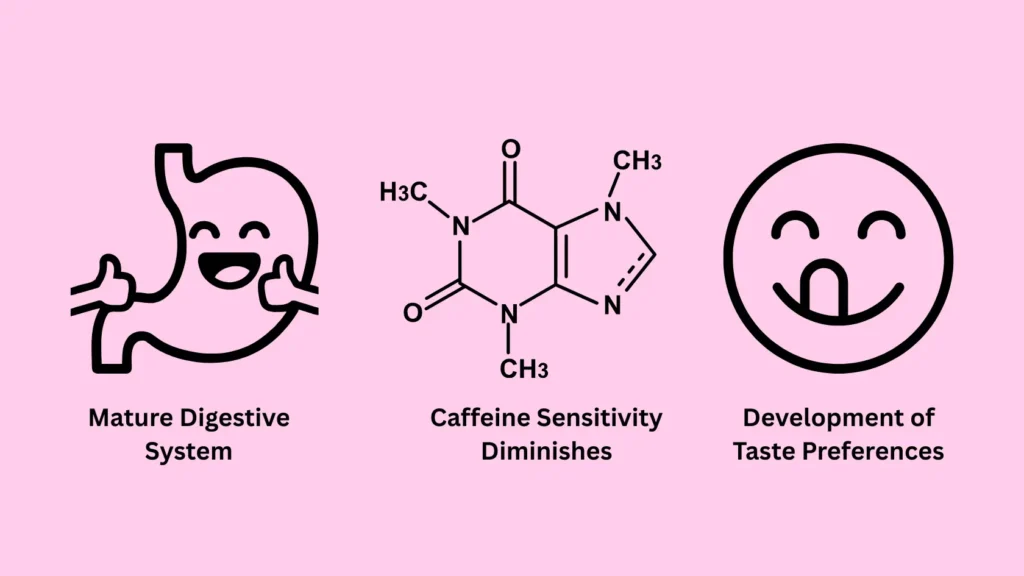
When it comes to introducing cocoa powder after the first year, there are important reasons why it’s safe to do so, but only with careful consideration. After 12 months, your baby’s body is more capable of handling the caffeine and other complex ingredients found in cocoa powder, but there are still some essential guidelines to follow.
1. Mature Digestive System
Your baby’s digestive system will be more developed by the time they turn one, so they will be able to handle more complicated foods like cocoa powder. But this doesn’t mean that cocoa should be a regular part of their diet. To make sure your child’s digestive system can handle it, you should slowly add it in small amounts. Adding complex foods at this point helps your baby have a balanced diet and lets their gut handle more nutrients and flavors without making them sick.
2. Caffeine Sensitivity Diminishes
Around the time they turn one, babies are better able to handle small amounts of caffeine. But it’s still important to limit how much they eat, because too much caffeine can make them irritable, keep them from sleeping, or upset their stomachs. The most important thing is to keep an eye on how your baby reacts after the first time. Too much caffeine can also make you dehydrated and hurt your baby’s health in general. Always watch how your baby reacts when you give them cocoa and change the amount as needed to keep them healthy.
3. Development of Taste Preferences
If you give your baby cocoa after they turn one, their taste buds will get more advanced. At this point, your baby might be ready to try different tastes, like chocolate. Introducing cocoa powder in small amounts is a good way to help your baby get used to the flavor while still keeping their nutritional intake balanced. This gradual introduction fosters a well-rounded palate, making it easier for your baby to accept a wide range of foods and enjoy new tastes without becoming overly reliant on sweet treats.
How to Safely Introduce Cocoa Powder After One Year

When you do decide to introduce cocoa powder to your baby after the age of one, here are some important guidelines to keep in mind:
1. Choose Pure, Unsweetened Cocoa Powder
When you start giving your baby cocoa powder, it’s important to pick the right kind. Choose cocoa powder that is 100% pure and unsweetened, with no added sugars or artificial flavors. Unsweetened cocoa is healthier and contains fewer ingredients that could upset your baby’s digestive system or health. It’s important to avoid cocoa products with preservatives or additives that could potentially cause discomfort or allergic reactions in your baby’s sensitive system. Stick to pure varieties that offer the most natural, safe option for your little one.
2. Start Slowly
Slowly and in small amounts, add cocoa powder. Your child shouldn’t eat cocoa every day, even after a year. Mix small amounts of it into foods they already like, like yogurt or oatmeal. This way, you can keep an eye on how they react and make sure the cocoa isn’t making them sick. By slowly increasing the amount, their digestive system can get used to it without being too much. This careful method makes sure that you can add new flavors without putting your baby’s health or happiness at risk.
3. Observe for Allergic Reactions
When you first give someone cocoa powder, like with any new food, watch for signs of allergies. Some kids may get a rash, have stomach pain, or show other signs of an allergy. If you see any of these signs, stop giving them cocoa and talk to your child’s doctor. Finding allergic reactions early can keep your baby comfortable and stop more serious problems from happening. You can stop problems before they happen and make smart choices about your child’s diet in the future by keeping a close eye on them.
4. Opt for Healthier Combinations
Instead of putting cocoa powder in sweet snacks or drinks, try putting it in healthy foods like oatmeal, smoothies, or baked goods that you make yourself. This way, your baby can still get the vitamins and minerals they need while enjoying cocoa in small amounts. You get more out of your diet when you eat cocoa with foods that are high in vitamins, minerals, and fiber. You can help your child have a healthier relationship with food by not giving them sugary treats. You can still give them tasty, fun options.
Healthy Substitutes Before Using Cocoa Powder
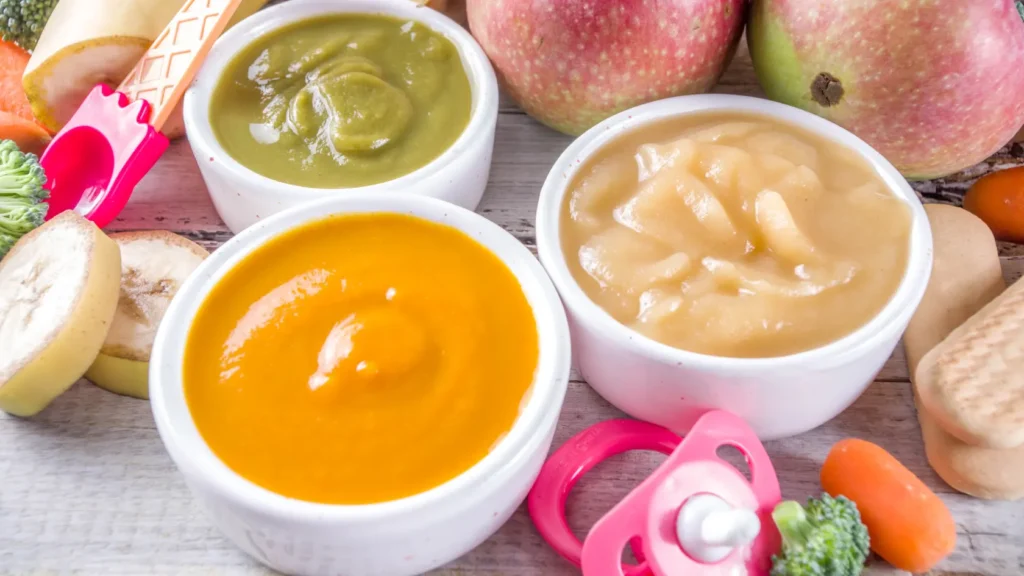
While it might be tempting to introduce cocoa powder to your baby, there are several healthy, safe alternatives that can offer a similar sweet, rich flavor. These options are not only safe for babies under 12 months but are also packed with nutrients that promote growth and development:
- Carob Powder: An alternative to cocoa that is naturally sweet and doesn’t have caffeine. It’s a great way to add a chocolate-like flavor without the risks, and it’s perfect for babies who can’t handle caffeine or sugar because it’s a healthy and safe flavor choice.
- Mashed Bananas: Some naturally sweet and nutrient-dense options rich in potassium, making them an excellent choice for the early stages. It’s also easy to digest and provides a good source of fiber, essential vitamins, and natural sweetness that babies will love.
- Puréed Sweet Potatoes: Another naturally sweet food that’s rich in vitamins and antioxidants. They help support healthy digestion and are a good source of beta-carotene, which is important for immune health, vision, and growth during your baby’s development.
- Nutmeg and Cinnamon: These spices can safely add flavor to baby food without any harmful side effects. Both spices are rich in antioxidants, have anti-inflammatory properties, and offer a warm, comforting taste that enhances the flavors of your baby’s meals.
After One Year: How Frequently Can Babies Have Cocoa Powder?
Once your child is over one year old, cocoa powder should still be given in moderation. It’s best not to make it a daily part of their diet. A little sprinkle on homemade muffins or stirred into a bowl of oatmeal is a great way to give them a little treat without going overboard. Cocoa should only be added to food once in a while to make it taste better without taking away from the more nutritious, balanced foods that give kids the vitamins and minerals they need to grow and develop.
Conclusion: The Key Takeaways
So, can babies have cocoa powder? During the first year of life, it should not be used because of the possible risks of caffeine, digestive problems, allergy, and high sugar levels. But after 12 months, you are free to add cocoa powder in moderate amounts, but again, this should be pure and free of sugar. It is always important to adhere to pediatric instructions, pay attention to the response of your baby, and select healthy combinations of foods. Incrementally adding cocoa to the diet is a safe and tasty way to add flavor to your baby’s diet.
Explore more on Pregnancy Must –
